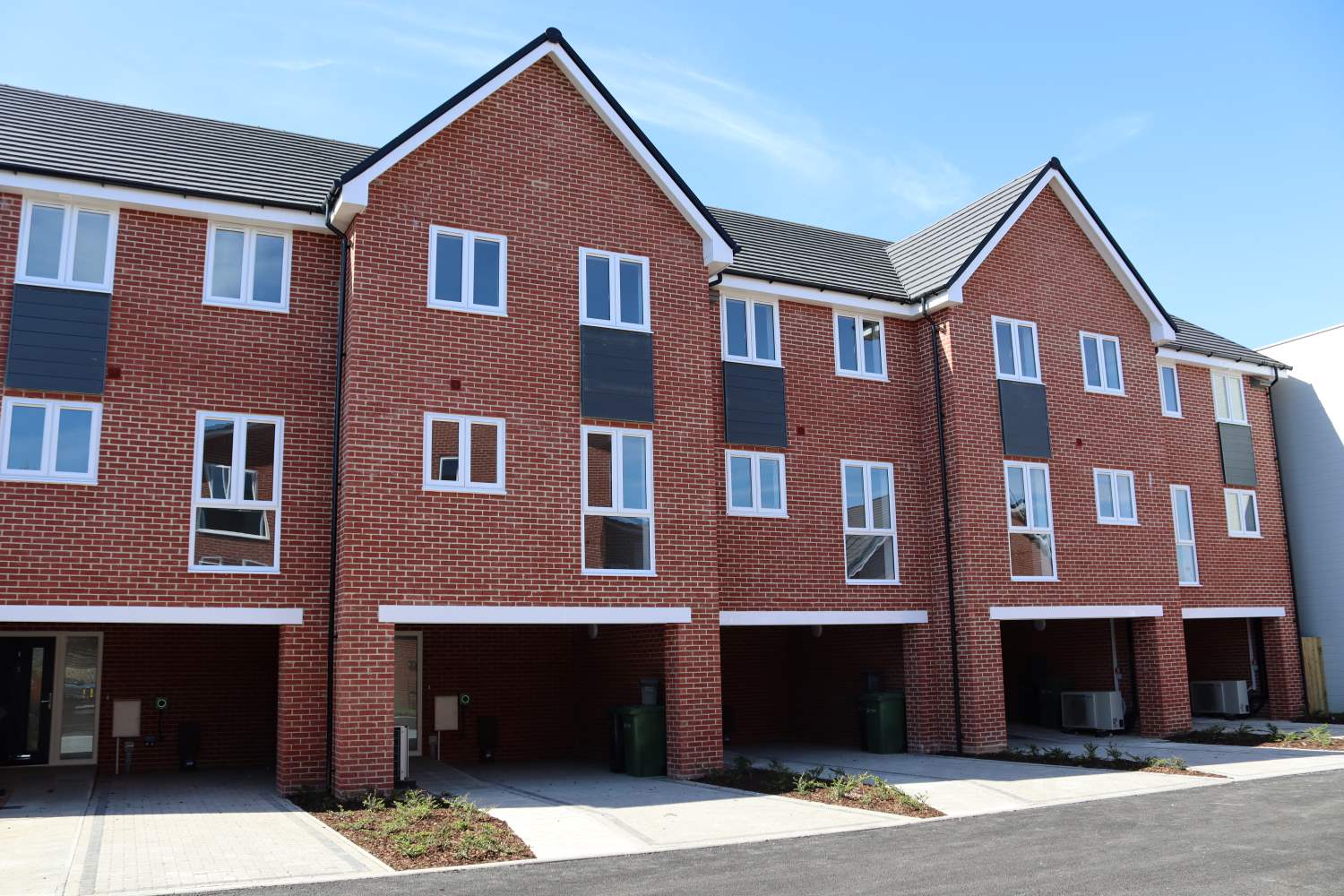Recent posts

Portsmouth
Press releases
Affordable homes at former Odeon cinema site ready for customers
We're excited to announce the completion of 18 new affordable homes at the former Odeon cinema on Laburnum Grove in North End, Portsmouth.
read story

Customer news
Do you know who your neighbourhood officer is?
If you’re unsure who your neighbourhood officer is, you can find a list here. You’ll see our neighbourhood officers out and about in your area, carrying out home visits and walk arounds in the community.
read story

Customer news
Spring cleaning? Here's how to rehome your unwanted stuff
The sun is shining and the flowers are blooming! If you’re planning on spring cleaning and decluttering your home, here’s some tips on what to do with your unwanted things.
read story